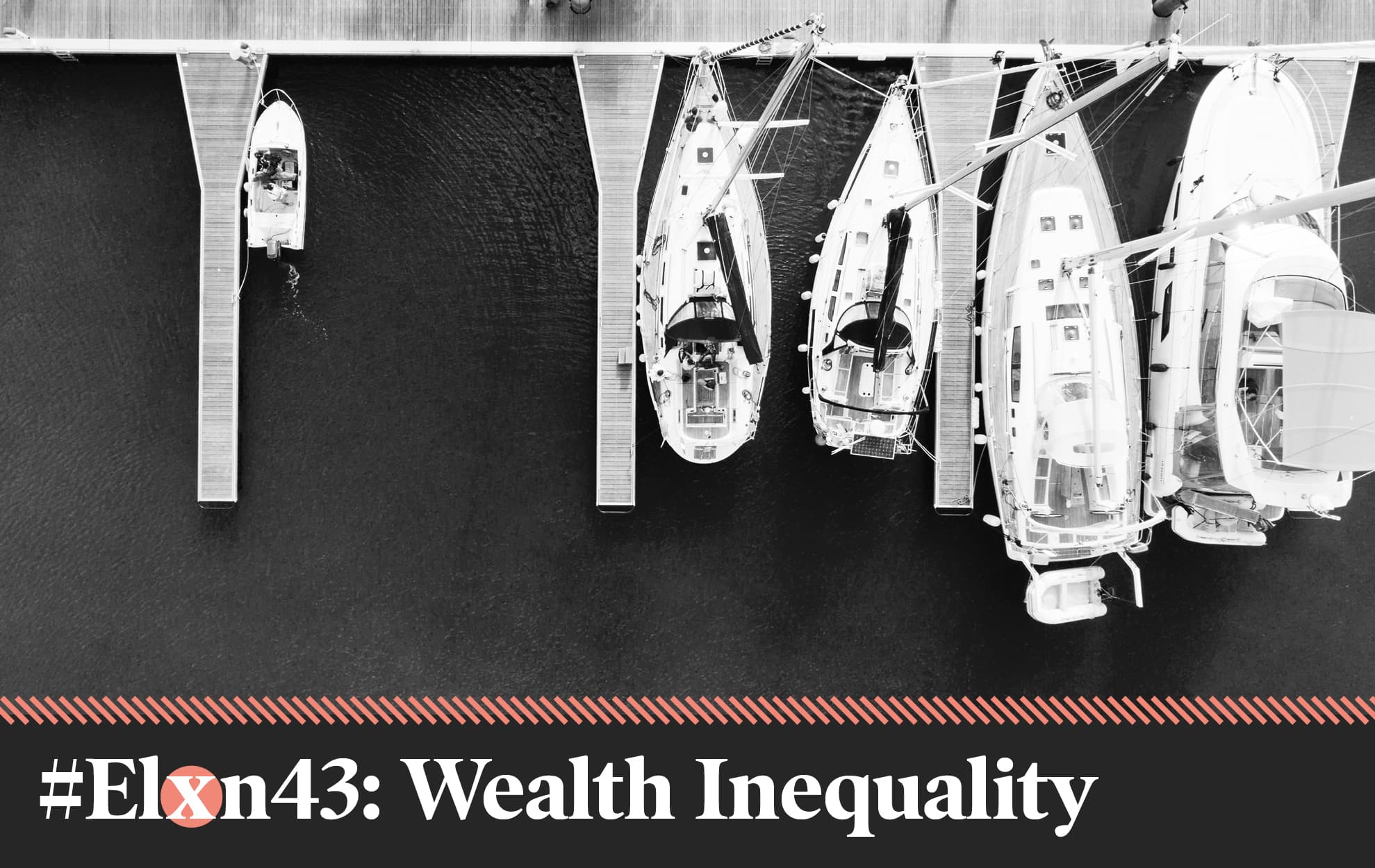Our content is fiercely open source and we never paywall our website. The support of our community makes this possible.
Make a donation of $35 or more and receive The Monitor magazine for one full year and a donation receipt for the full amount of your gift.
In a vain attempt to keep pace with the avalanche of policy announcements, I’m wading into the NDP’s proposal of a wealth tax of 1% to be applied annually to all Canadians whose net worth exceeds $20 million.
A wealth tax fundamentally differs from how most taxation in Canada presently happens, which is through the taxation of income. For most people, that means employment income: as you make money, you pay income tax on that money.
The super rich also pay income tax, but often it’s on different types of income, particularly capital gains income made from selling stock at a profit. If you make money this way, you already pay 50% less in taxes than someone who had earned that same income by working.
In contrast to an income tax, a wealth tax is levied against your net worth: all your assets minus your liabilities. It doesn’t care if you made income, it only cares about your net worth.
A property tax is the closest we have in Canada to a wealth tax. The property tax rate (called the “mill rate”) is often around to 1%, but it’s only levied against property and not other types of wealth. Also it’s not based on net worth, so you don’t get a deduction for your mortgage. In any event, wealth taxation is exactly the approach Thomas Picketty suggested to reduce inequality in his Capital in the 21st century.
This proposal underscores the shocking concentration of wealth in Canada, which I’ve been tracking for some time, most recently in the report “Born to Win: Wealth concentration in Canada since 1999.” The research shows that the wealthiest families in Canada—representing fewer than 100 families, each with net worth over $1 billion—have accumulated more wealth than the bottom 12 million Canadians combined. Put another way, these families actually have more wealth than every person in PEI, New Brunswick and Newfoundland and Labrador combined.
The PBO’s analysis of the wealth tax proposal puts the annual revenue generated at $5.7 billion in 2020. As single policy proposals go, that’s a lot of money. Possibly even more notable is that the entire amount would come from about 6,000 families out of the 15.3 million families in Canada, according to the 2016 Survey of Financial Security (although with sample size issues this estimate probably has a substantial margin of error, it might be as high at 12,000 families but it would remain extremely small compared to the total Canadian count).
That’s the wealthiest 0.04% of families. So, unless your personal executive assistant is reading this to you, you probably won’t be paying this tax.

Because of the degree of wealth concentration in Canada, about half of this tax would be paid by the wealthiest Canadian resident families identified in “Born to Win,” whose net worth was $273 billion in 2018 according to Canadian Business Magazine. A 1% wealth tax on these families—that’s 0.001% of Canadian families—would produce $2.73 billion, about half of the PBOs estimate of the money that would be raised.
You read that right: fewer than 100 families would pay half of the total amount raised by this wealth tax.
Some additional context: the net worth of these families went up on average 9.9% in the past year, or $270 million per family. With the 1% wealth tax, their net worth would have gone up only 8.9% or $240 million per family in the past year.
Now, because this tax applies to a very small group of very well-resourced people, their accountants will be busy looking for ways to avoid or at least mitigate it, as the wealthy in other countries have successfully done (as seen, for example, with inheritance taxes, which Canada does not have). For legislation of this sort to be effective it would have to be strong, with loopholes identified and quickly shut down, which can certainly present challenges. That said, it will be interesting to see if other political parties make taxation proposals that also increase the progressivity of our tax system, as this one does.
David Macdonald is a senior economist with the Canadian Centre for Policy Alternatives. Follow him on Twitter at @DavidMacCdn.
The CCPA has done extensive research and analysis on a wide range of federal policy issues, most notably through our annual Alternative Federal Budget. As we head towards the October 2019 federal election, we’ll be sharing our independent, non-partisan analysis and fact-checking of campaign promises and platforms from all the major parties.


